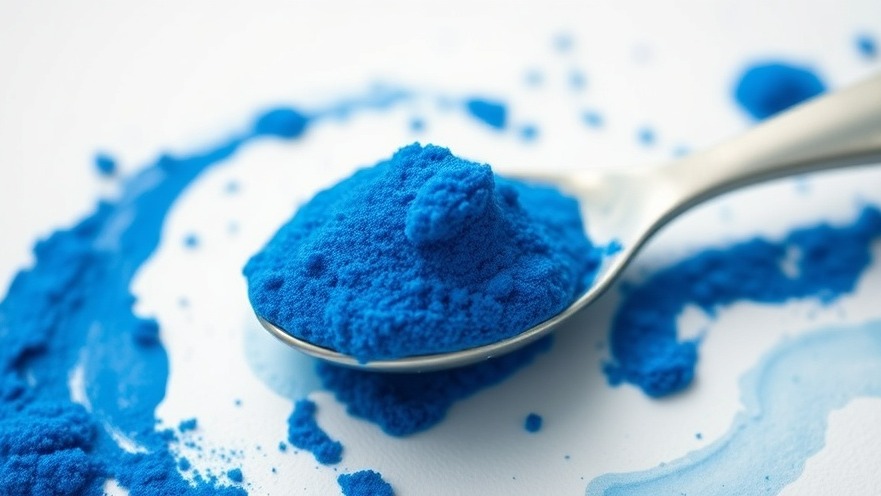
Healthy Beverages for Pediatric Wellness: Essential Insights
When it comes to children's nutrition, drinks play a pivotal role. A recent report from Healthy Eating Research (HER) highlights the crucial importance of healthy drink choices, guiding parents through a maze of options. The expert panel emphasized that prioritizing what children drink is just as vital as what they eat.
The Best Choices for Hydration
According to Megan Elsener Lott, MPH, RDN, the ideal beverages for children regardless of age are plain water and milk. Both options not only provide hydration but also essential nutrients without the addition of sugar or calories. Water is highlighted as the best thirst quencher, while milk contributes significantly to the calcium intake that is crucial for growing bones. Recommended amounts include:
- Children aged 1-3: 2 cups of milk or fortified dairy drinks.
- Ages 4-8: 2.5 cups.
- Ages 9-18: 3 cups.
Calcium Needs: Growing Stronger Every Day
Calcium is paramount for children as it supports bone growth and density. The panel suggests that parents ensure their children meet the daily calcium requirements: 700 mg for ages 1-3, 1,000 mg for ages 4-8, and 1,300 mg for children aged 9-18. While enhancing milk intake is a starting point, it’s also essential to consider fortified alternatives when dietary restrictions arise.
What to Limit and Avoid
While water and milk are encouraged, the panel strongly advised limiting flavored milk and plant-based alternatives, especially those high in sugars and additives. Additionally, the recommendations stipulate that children should avoid sugar-sweetened beverages and drinks containing non-sugar sweeteners. These beverages often lead to increased caloric intake without nutritional benefits, raising concerns about obesity and dental issues. Dr. Paul Casamassimo from the American Academy of Pediatric Dentistry notes that sugary drinks are significant contributors to pediatric cavities.
Juice Versus Soda: Making Informed Choices
If you’re wondering about juice, 100% fruit or vegetable juice is acceptable in moderation. Recommended intake varies from abstaining for infants under 6 months to a maximum of 12 ounces for teens. Parents should note, however, that sodas and other sugary drinks offer little to no nutritional value and should be treated as occasional treats instead of dietary staples.
Future Predictions for Beverage Choices
As sugary beverages become a part of childhood diets, we anticipate a growing emphasis on nutritional education among parents. Reports like these from health organizations reflect a broader trend in public health, pushing for healthier children and educating families about better nutrition for sustained wellness.
Empowering Families with Knowledge
It’s evident that informed choices are essential for promoting healthy habits among children. Health professionals advocate for pediatric wellness by urging families to prioritize healthy drink options that stay within the recommended guidelines. Engaging in this discussion within your practice can significantly affect the long-term health of the families you serve.
Implementing these guidelines in your practice not only positions you as a thought leader in pediatric health but also cements your standing as a vital resource for families in your community. Equip them with the knowledge they need to make healthier beverage choices for their children and foster a growing connection.
Take Action: Support Healthier Choices
As a medical concierge practice owner dedicated to healthier communities, consider developing resources to help guide your patients through these recommendations. Whether it means sharing printable guidelines or promoting workshops that emphasize nutrition, becoming a beacon of information will help secure your reputation as a trusted healthcare provider.
 Add Row
Add Row  Add
Add 






Write A Comment